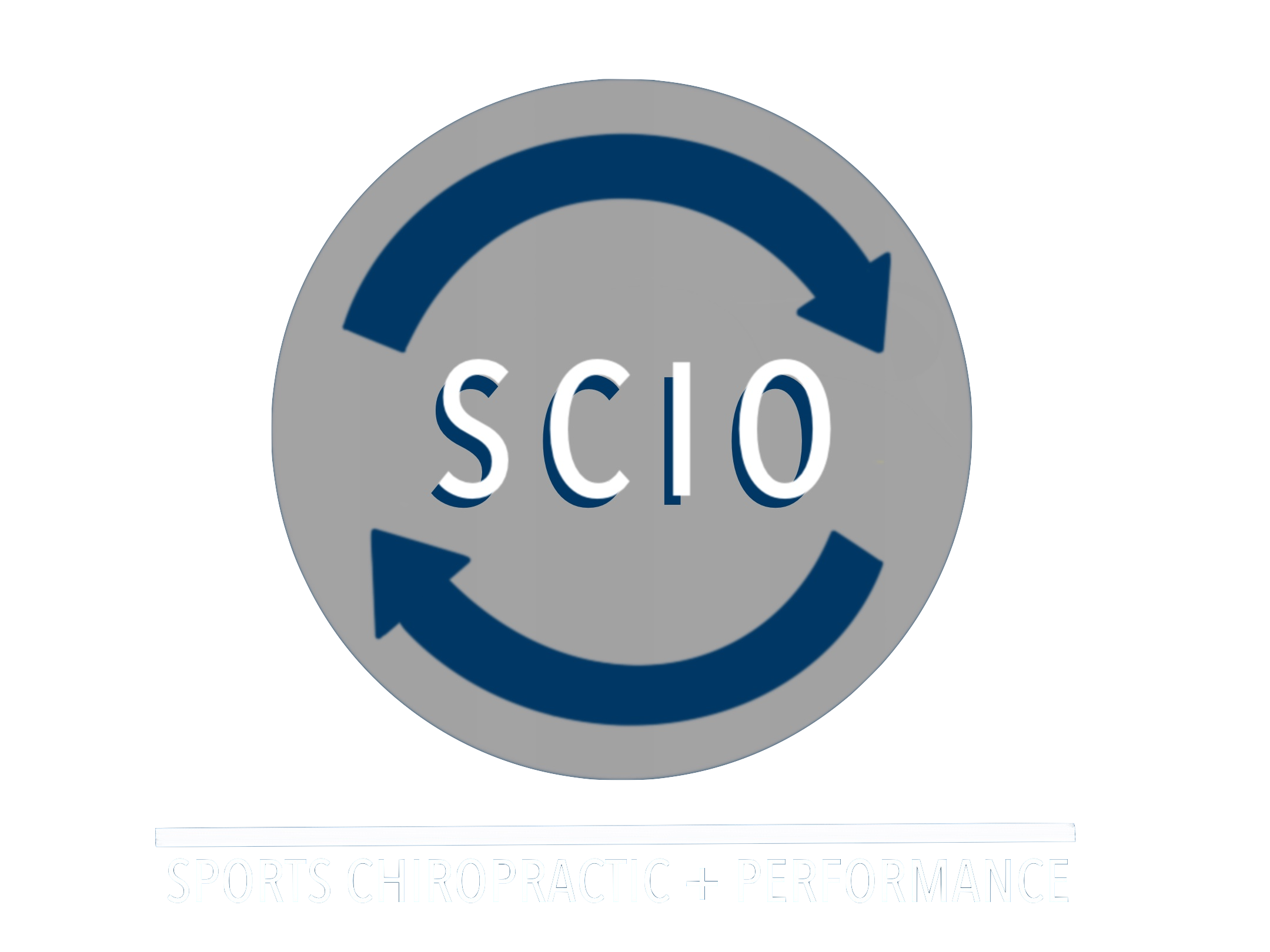Becoming a Chiropractor
My journey to becoming a chiropractor started at a very early age.
Growing up, my family all worked in healthcare - nursing, medicine, occupational therapy, medical records, maintenance, etc.
Naturally, starting a career in healthcare was pushed from a very early age. Admittedly, it was pushed for the wrong reasons, in my opinion. Economic stability, career longevity, projected growth - these are all positive reasons to enter a field or profession, but these reasons never resonated with me.
In my eyes, a career in healthcare only became a possibility after a traumatic knee injury at age 15. At football summer camp, I dislocated my kneecap flipping tractor tires. I sat in the San Diego summer heat, patella dislocated, tractor tire on top of me, having experienced my first major injury.
Luckily, there were no complications and I was able to start treatment the following week. After 9 months of rehab at a physical therapy office, I loved seeing my body progress and my life return to normalcy. I began to think that this field would be something cool to do, too.
The following year, I took a sports medicine class in high school. This class included a baseline of anatomy and physiology, emergency care training, athletic taping, and clinical internship hours. Being an athlete, I loved sports already. This class connected rehab and sports for me.
Before college, I was able to temporarily intern with a sports physical therapy practice, an orthopedic surgeon, and a skilled nursing facility. I ended up extending my sports physical therapy internship to a 6 month duration. Over this time, I loved seeing patients improve and enjoyed the sports-minded atmosphere in the office. At the time, I physical therapists were not portal of entry doctors and had to be referred patients, typically from orthopedists. I did not like the idea of relying on someone to diagnose and refer patients to me. I also noticed a pattern; Post-op ACL repair, rotator cuff, shin splints…it became somewhat cyclical, but it was the best fit, right?
In college, I studied kinesiology with an emphasis on applied health science. This was essentially the catch-all for applying to graduate programs like doctor of physical therapy, doctor of chiropractic, etc. Fulfilling prerequisites was easy - I took mostly athletic training and biomechanics classes.
One summer, looking for internship units, I decided to a local chiropractor if he would be open to me spending some hours in his office. I had seen this chiropractor a few times, but didn’t really understand what a chiropractor did. At the end of the internship, I did understand enough to make me want to pursue a career in chiropractic: you can own your own business, diagnose your own patients, create your own care plans, and every visit is a different visit. I liked the idea of every day being full of different puzzles.
Once looking into the scope of chiropractic in California, I saw that it was broader than a physical therapist - I was sold. After applying to all the schools in the state, Life West contacted me shortly after.
I was lucky enough to have mutual connections with the rugby coach at Life West and was invited to visit the school after only one month applying. On this visit, I was offered a scholarship to enroll in an accelerated track that would start only 2 months later. 3 months after applying, I moved to the Bay Area to begin Life West’s doctorate program.
To be 100% honest, chiropractic school hit me in the face. I was used to breezing through most of my classes at university, but this was not the case in a doctorate program. Time management also included a huge learning curve - classes typically started at 7:30AM and ended between 3:00PM and 5:00PM. On top of that, rugby commitments included morning workouts and evening training sessions, as well as Saturday game days. This became even more complicated once I started my clinical rotations. After a grueling 14 quarters of doctorate level education and multiple board exams, I graduated with my doctorate in chiropractic with triple clinical honors.
